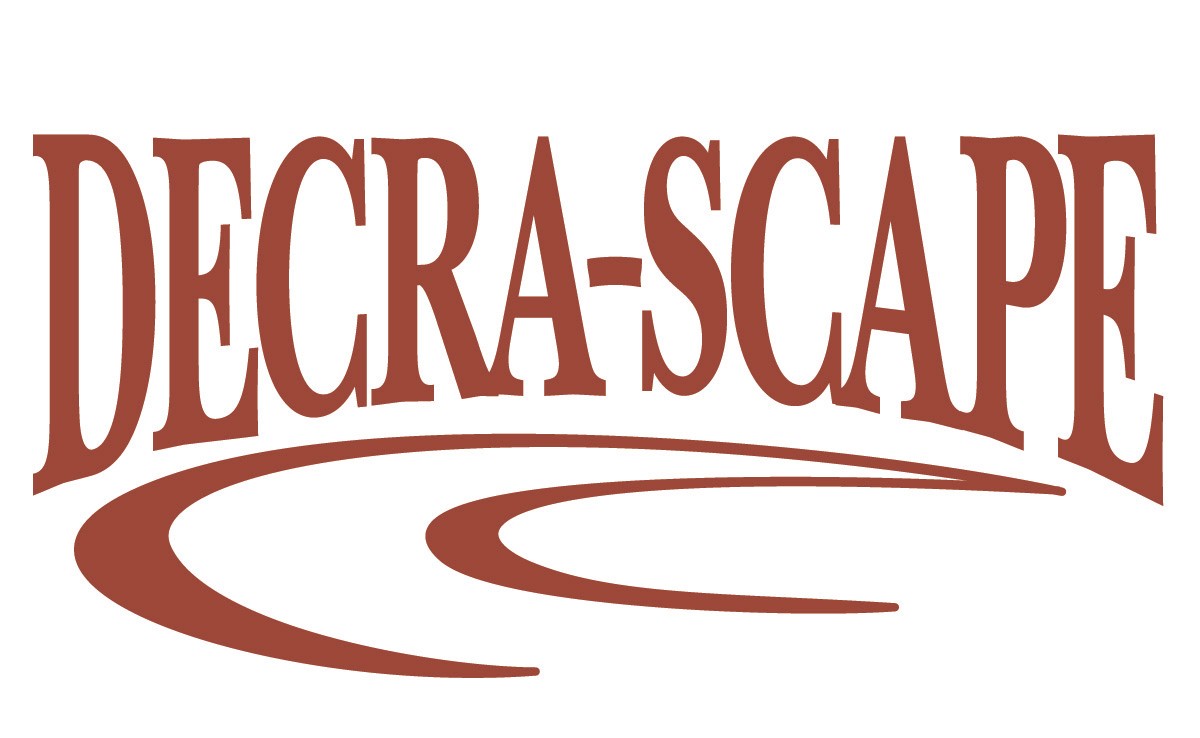Masonry retaining walls bring beauty and function to commercial spaces in Rochester Hills, MI. A new wall could solve a soil drainage issue or provide a much-needed division element in an expanse of land. When made of quality materials and installed by experts, these walls can also attract attention for their beauty. Many landscape architects and property developers want retaining walls that look customized for the property at hand and to display a level of craftsmanship that’s difficult to match. This article explores seven ways masonry retaining walls can improve your commercial landscape.
1. Simpler, More Cost-Effective Construction
Reducing construction costs is a big factor in any project. Opting for masonry segmental retaining walls instead of poured or precast concrete retaining walls minimizes the use of heavy equipment, reduces site prep and building time, and reduces the need for wall finishing. Since the blocks are interlocking, they can be dry stacked as they do not require mortar to keep them in place, which further lowers the construction cost.
2. Eco-Friendly, Less Waste
Masonry walls constructed of manufactured stone offer an eco-friendly alternative to other retaining wall solutions. The dimensional consistency of these masonry materials allows for a hand-laid look with significantly less waste than using stone that must be cut on site.
Related: 4 Different Types of Paving Stones and Their Advantages
3. Few Design Limitations
Brick, natural fieldstone, and manufactured stone offer endless design options including curves, variable heights, custom patterns, or built-in features such as seating, plantings, handrails, or lighting.
4. Aesthetic Appeal
Functionality may rule the day when a commercial development project is on the agenda, but the aesthetic is what can make a difference to a property that’s able to attract tenants. The real beauty of masonry walls is their “imperfectly perfect” appeal. Masonry walls can be constructed to match or complement buildings, and provide an attractive focal point for what could otherwise be a boring utilitarian feature. They have a timeless appeal that enhances any structure from traditional to minimalist ultra-modern, or from office to light industrial. The textured surface of masonry walls is visually more appealing than a flat wall, especially when using materials that mature beautifully.
Related: 5 Natural Stone Masonry Ideas for Troy, MI, Commercial Properties
5. Durability
The great compressive strength of a masonry wall makes it long-lasting and requires minimal maintenance, whether the material of choice is brick, natural stone, or manufactured stone. Masonry walls age very well, and are arguably less prone to vandalism, unsightly cracks, bulges, water weeping, efflorescence, stains, or crumbling areas, compared to walls made of poured concrete. Mild blemishes are less obvious on a textured wall with slight color variations. For example, a mineral stain on a flat concrete wall could make the wall look cheap and poorly built, whereas mineral stains on a textured wall are less visible.
6. Functionality
Water management is a concern with retaining walls. Mortarless masonry wall construction allows incidental water to drain around the blocks and out through the wall face, helping to eliminate water pressure and ice buildup behind the wall.
7. Low Maintenance
All walls require some level of maintenance. However, the best maintenance is prevention: You want to ensure that the retaining wall is made of high-quality materials, that it’s built by a qualified mason, and that care has been paid to soil integrity and water management in light of fluctuating Michigan weather conditions. Then, maintenance really is minimal. Walls can be sealed with a quality penetrating sealer following installation to prevent buildup of mold, moss, or leaf stains.
Ultimately, a masonry retaining wall is an attractive solution for soil management and grade changes in commercial landscapes. When you’ve decided which type of material would be best for your property, be sure to work with an installation team that has National Concrete Masonry Association (NCMA) Segmental Retaining Wall Installation credentials. That way, you’ll ensure that your property will have a well-built, beautiful wall for years to come.
Image source: Unilock



